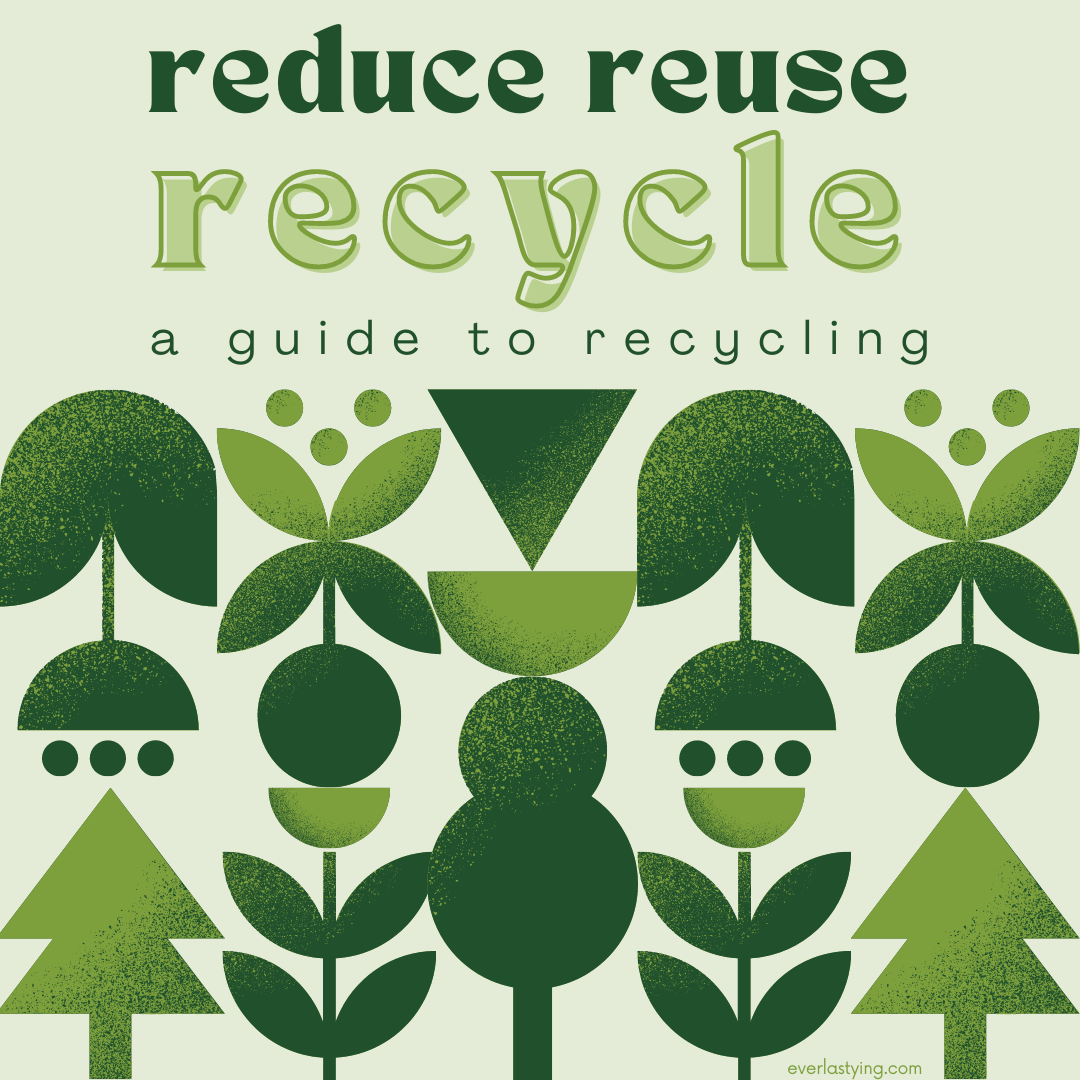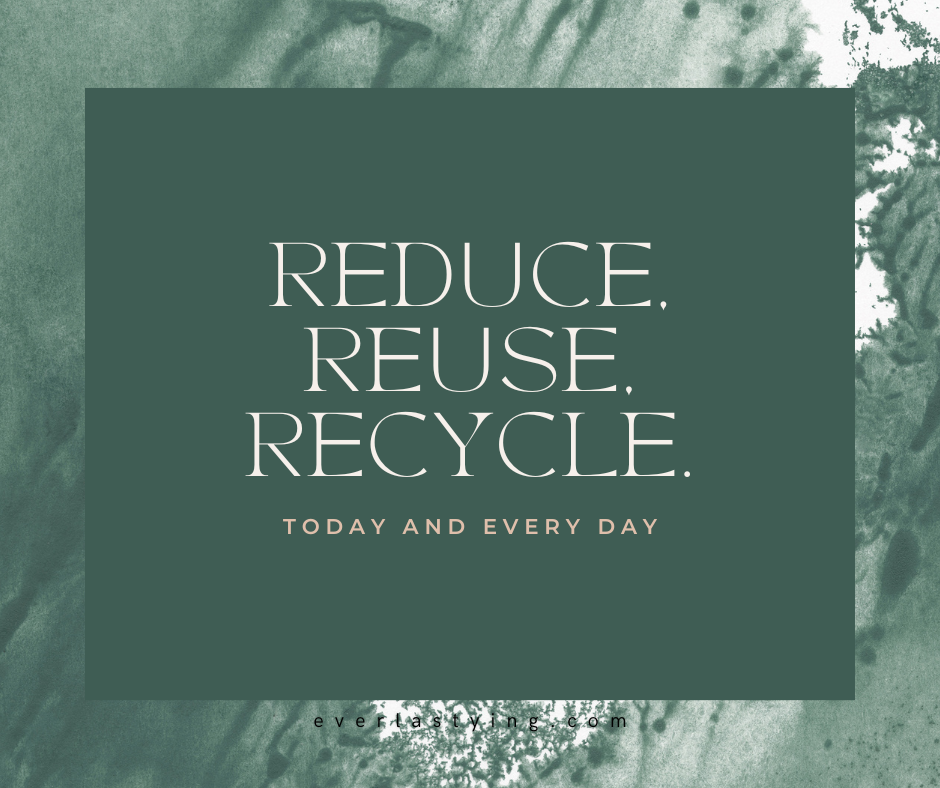Recycling Made Easy Guide
TEMPLATE: DeDesenho
Since moving to New York, I've observed that recycling often doesn't get the attention it deserves, and I believe it’s a heartfelt issue we can tackle together!
Recycling is vital to nurturing our planet and protecting the wonderful Earth we call home. With collective effort, we can significantly reduce the amount of waste that ends up in landfills and make a positive impact!
When we recycle, we're not just keeping waste out of landfills and incinerators but actively fighting pollution and cutting greenhouse gas emissions. Plus, recycling helps us conserve precious resources like timber, water, and minerals by minimizing the need to extract and process new materials.
It can be frustrating to see some companies overlook recycling, especially when they tout their sustainability efforts without addressing this crucial aspect. It’s truly disheartening to see them miss the mark!
However, let’s focus on the solution! Recycling should be viewed as a collaborative journey where we educate and inspire one another rather than casting judgment. Together, we can create a brighter, greener future for our planet. Let’s unite and show the world the power of teamwork in making a difference!
🍃♻️🏞️💚🌱
recycling symbols
Believe it or not, there are 7 recycling symbols! Shocking, right?!
Understanding these recycling symbols helps us make informed choices about disposing of plastic products properly. By recycling, we contribute to a cleaner and more sustainable environment.
Symbol 1: PETG or PETE
PETE = polyethylene terephthalate (PETG or PETE) plastic. This symbol is commonly seen on soft drink bottles, mineral water containers, and cooking oil containers.
PETE is easily recyclable and is often included in curbside recycling programs. It can be transformed into containers, carpets, and furniture.
Symbol 2: HDPE
HDPE = high-density polyethylene is one of the most widely used plastics in the United States. HDPE is commonly used for containers of cleaning agents, milk and detergents due to its low weight and high strength. It can be recycled into pipes, oil bottles, pens, and detergent bottles. Many curbside recycling programs accept HDPE.
Symbol 3: PVC or Vinyl
Plastics marked with the letter "V" = PVC or polyvinyl chloride. PVC can be found in bubble foils, trays for sweets and fruit, and expanded PVC foam board used for commercial applications. Due to its lightweight and rigid properties, PVC can be easily shaped and bonded. However, PVC is rarely recycled and is not typically included in curbside recycling programs. In rare cases, it can be recycled for speed bumps, roadway gutters, and cables.
Symbol 4: LDPE
LDPE = low-density polyethylene, which is used in the form of shopping bags, highly-resistant sacks, and crushed bottles. LDPE is not commonly recycled, but it can be converted into floor tiles and shipping envelopes.
Symbol 5: PP
PP = polypropylene plastic. Polypropylene plastic is a durable, lightweight plastic used in furniture, luggage, toys, and car parts. PP is considered one of the safer types of plastic, making it suitable for ketchup bottles and medicine bottles. It is increasingly accepted in curbside recycling programs.
Symbol 6: Styrene or PS
Styrene plastic, also known as polystyrene (PS). This plastic is commonly found in toys, hard packaging, refrigerator trays, cosmetic bags, costume jewelry, CD cases, and vending cups. While not accepted in many curbside recycling programs, it can be recycled to make egg cartons, take-out containers, and rulers.
Symbol 7: Other
"Other plastics" includes acrylic plastic, polycarbonate plastic, polylactic fibers, nylon, and fiberglass. Not all plastics in this category can be recycled, but both acrylic and polycarbonate can be. They can be reheated without a loss in quality. Use caution with symbol 7 plastics and check with your local recycling program for acceptance. Acrylic plastic, for example, is commonly used in food storage containers due to its strength and transparency. It is also used in signs, shelving, and showcases for durability.
🍃♻️🏞️💚🌱
local recycling guidelines
When I first moved to a new city, I was surprised to learn that recycling guidelines can vary significantly. For example, when I was living in the Bay Area in California, rinsing before recycling wasn't necessary due to the drought. However, after moving to New York, I realized that things were A LOT different here. The recycling guidelines had specific requirements that I needed to follow, including rinsing containers before recycling and separating glass, paper, and metals.
So, if you’re moving to a new place, take a moment to familiarize yourself with the local recycling guidelines. It's like getting to know a new friend – you want to understand their preferences and expectations. Check out your local government or waste management websites for detailed information on recycling programs, collection schedules, and the types of materials that are accepted in your area.
Awareness of any special requirements or restrictions for recycling in your locality is essential. It ensures that we all play our part in recycling correctly and avoiding contamination. By following the guidelines, we contribute to the overall effectiveness of the recycling system and help protect our environment.
🍃♻️🏞️💚🌱
recycling mistakes
Here are 7 common recycling mistakes you should know about to help you and others avoid them!
IMAGE: Salsal Design
Batteries
Oops! Batteries don't belong in the recycling bin and also not in the trash!
They are terrible for the environment. Plus, nowadays, do we really need batteries when everything can be charged with a cord? If you're still using batteries, it's time to rethink.
Solution
They need special treatment due to their harmful components. Find designated collection centers or recycling events to dispose of them properly. When batteries corrode, their chemicals seep into the soil and contaminate our water sources. This poses a risk to our ecosystems and even our own health. So let's be smart and seek alternative power sources whenever possible.
Plastic bags with recycling symbols
Ah, the tricky plastic bags. They can't be tossed in the regular recycling bin.
Solution
Take your plastic bags on a little adventure to a local shop or supermarket with dedicated recycling drop-off points.
If you don't feel like making a trip to the recycling center or local store to drop them off, that's okay! Please give them a new purpose by reusing them as trash bags. They fit perfectly in your bathroom bin, so you won't need to buy extra liners. It's a win-win for you and the environment!
Bubble wraps or plastic packaging
Bubble wraps may be fun to pop, but sadly, they aren't recyclable.
Solution
Oh, bubble wraps! They're a packaging nightmare. While knowing how a company will package your online purchases can be challenging, there's always a solution.
Reach out to them and kindly inquire if they have alternative packaging options that don't involve bubble wrap. If they can't accommodate your request, consider supporting businesses that prioritize eco-friendly packaging.
Plastic cutlery
Say no to plastic cutlery! Instead, start using reusable utensils. They're eco-friendly and add a touch of style to your meals. Plus, who doesn't love a colorful, reusable fork?
Solution
It breaks my heart to see people using single-use plastic cutlery, especially when there are better alternatives. A solution I choose to do is to bring my own reusable utensils to work for lunch. It's super easy and helps reduce the amount of plastic waste. Just imagine the number of people using plastic utensils every day and then tossing them away — it's shocking! If you're hosting a party or event and need disposable cutlery, go for compostable utensils. They're a much better choice for the planet.
Plastic bottle tops
Remember, the journey to recycling doesn't stop at the bottle's neck. Those little bottle tops need to be separated before recycling. The same goes for milk carton caps, juice caps, and so on and so forth.
Solution
Make sure to read your state’s guidelines to clarify though, some states want you to put them back on, some would want them separated!
Old clothes & shoes
While it's tempting to toss them in the recycling bin, old clothes and shoes don't quite belong in recycling bins!
Solution
Consider donating them to charity, organizing a clothes swap with friends, or finding creative upcycling projects. Give them a second chance to shine!
Unrinsed containers
Ah, the unrinsed containers.
Solution
Make sure to rinse them out before recycling to avoid contaminating other materials. It's like giving your containers a little bubble bath! You don’t need to have them squeaky clean. Make sure they’re rinsed properly before placing them into your recycle bin.
🍃♻️🏞️💚🌱
overcoming recycling challenges
One common misconception is the belief that someone else will clean up after us. But the truth is, if we don't take action, no one else will do it for us. We can't rely on others to clean up our messes. It's time to change that mindset and realize that we each have a part to play.
Another challenge we face is the lack of demand for recycling. Seeing that some people don't care enough to recycle is disappointing. But here's the thing: as our population grows, so does the amount of waste we generate. We can't afford to ignore recycling any longer. It's time for us to step up and make a difference.
So, what can we do? We can't just sit around and do nothing. We need to take action, starting now. Let's unite as a community and work towards a cleaner and more sustainable future. It's not an easy task, but it’s not rocket science either. With everyone's participation, we can make a significant impact.
Now, let's address some specific recycling challenges that we may encounter:
Electronic waste (e-waste)
Handling old electronics can be tricky. They often contain hazardous materials and should not be thrown in the regular trash. Look for designated e-waste collection centers or recycling events in your area. These resources will ensure that your electronic items are properly recycled or disposed of.
Hazardous materials
Some materials, like certain chemicals or batteries, require special handling due to their harmful nature. Educate yourself about local hazardous waste disposal options. Contact your local waste management authority or visit their website for guidance on safely disposing of these materials.
Bulky items
Large or bulky items, such as furniture or appliances, can pose a challenge when it comes to recycling. Instead of throwing them away, explore options for donation, reuse, or recycling. Local recycling events or collection centers may accept these items or provide information on properly disposing of them.
🍃♻️🏞️💚🌱
let’s clean the earth together!
We can all make a difference in our community by working together. When we all start working together, we can accomplish a great deal.
For example, in my neighborhood, we hold cleaning events every Friday where everyone who is free comes together to tidy up the streets and recycle.
But it doesn’t stop there. If you see something on the ground, you can be that superhero and pick it up.
It may not be your mess, but when we collaborate, we create a better future for everyone, including our children.
🍃♻️🏞️💚🌱
DISCOVER MORE
Last Updated: 02.03.2025













Plan your dream trip without the stress! 🌍✈️ From itinerary hacks to smart booking tips, this guide has everything you need for a smooth and hassle-free adventure.